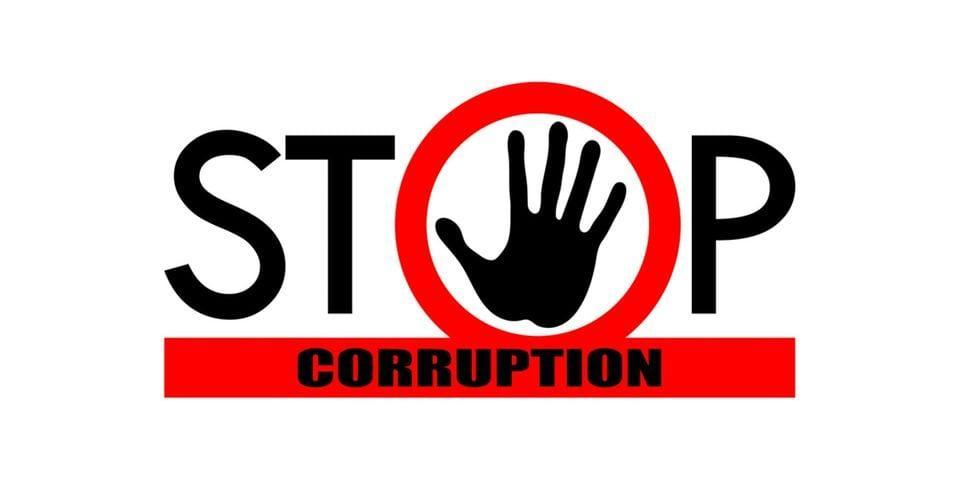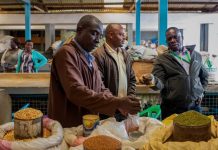Africa-Press – Uganda. Government has started a mid-term review exercise to assess the implementation of the anti-corruption policy.
The National Anti-Corruption Strategy was launched together with the Zero-Tolerance to Corruption Policy on December 4, 2019.
The assessment conducted by the Directorate of Ethics and Integrity, under the Office of the President, started in Lango Sub-region last Thursday. The exercise will last for more than a month.
However, leaders from Dokolo, Amolatar and Oyam districts in Lango Sub-region said corruption in the sub-region is increasing despite the various measures government has put in place to fight it.
Ms Irene Chelengat, the Oyam deputy chief administrative officer (CAO), said corruption has become systemic, adding that it cripples service delivery.
Ms Barbara Akech, the Dokolo resident district commissioner (RDC), said district leadership in Lango is faced with huge challenges in fighting graft.
“The people who are supposed to report cases of corruption are shying away. Once they whistle blow, they fear to come out and testify in court. Secondly, other people fear to report corruption cases because of the risks as a result of whistle-blowing. The corrupt people are very organised and dangerous,” she said.
The Apac Anti-Corruption Coalition (TAACC) said the state institutions meant to curtail the vice are underfunded.
TAACC said corruption has persisted in the Lango Sub-region mainly because there are people in power who benefit from it.
“We now have syndicate corruption where people connect themselves like chains and ring-fence themselves in order to benefit as individuals from public resources,” TAACC’s executive director Tom Opwonya, said.
The Permanent Secretary (PS) in the Ministry of Ethics and Integrity, Mr Alex B Okello, said: “We call it mid-term assessment so that when it ends, you know that we achieved what we wanted. If it’s not going well, everybody will see things are not going well and make changes.”
For More News And Analysis About Uganda Follow Africa-Press






